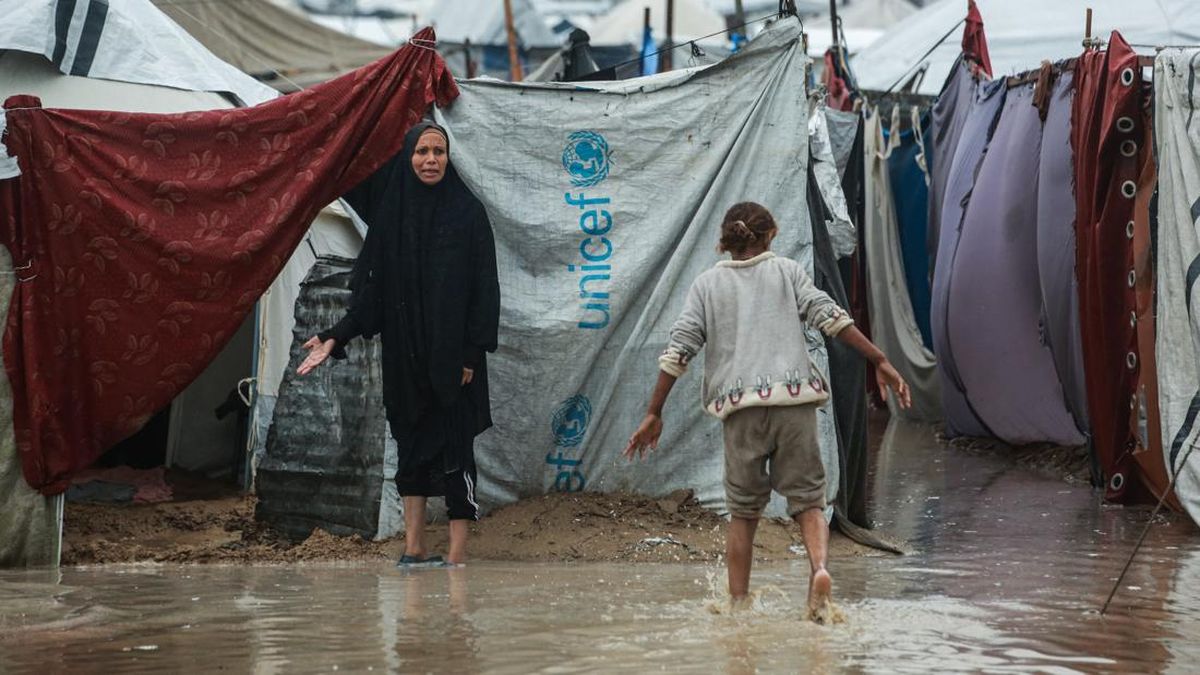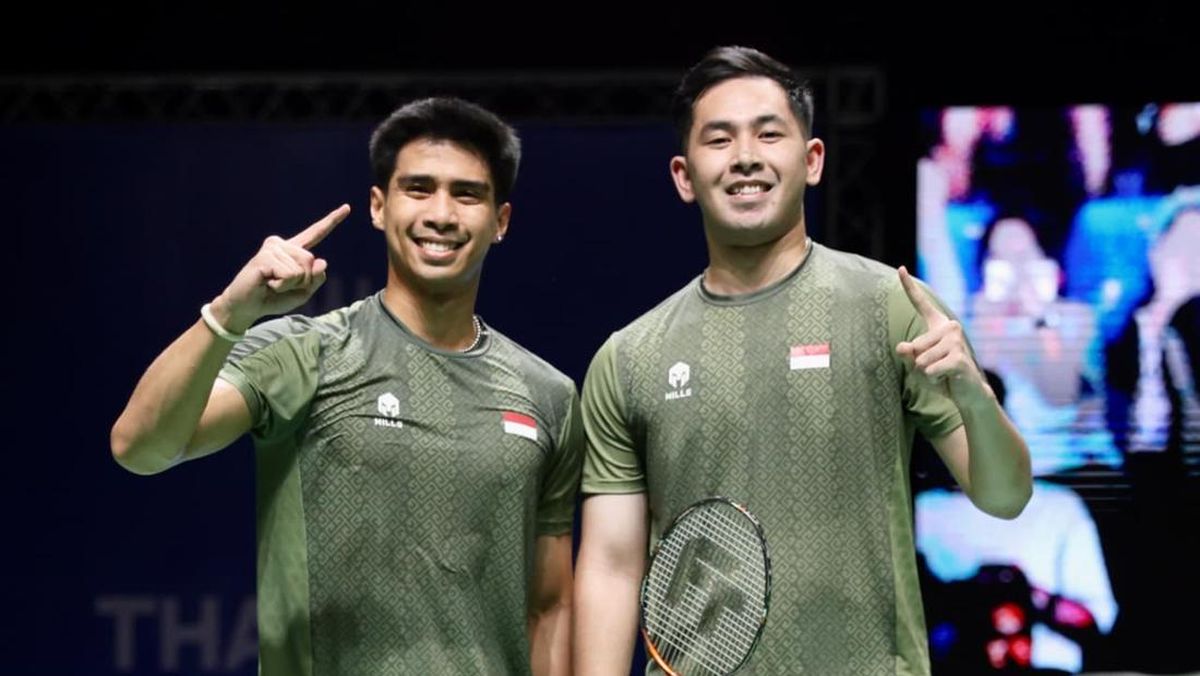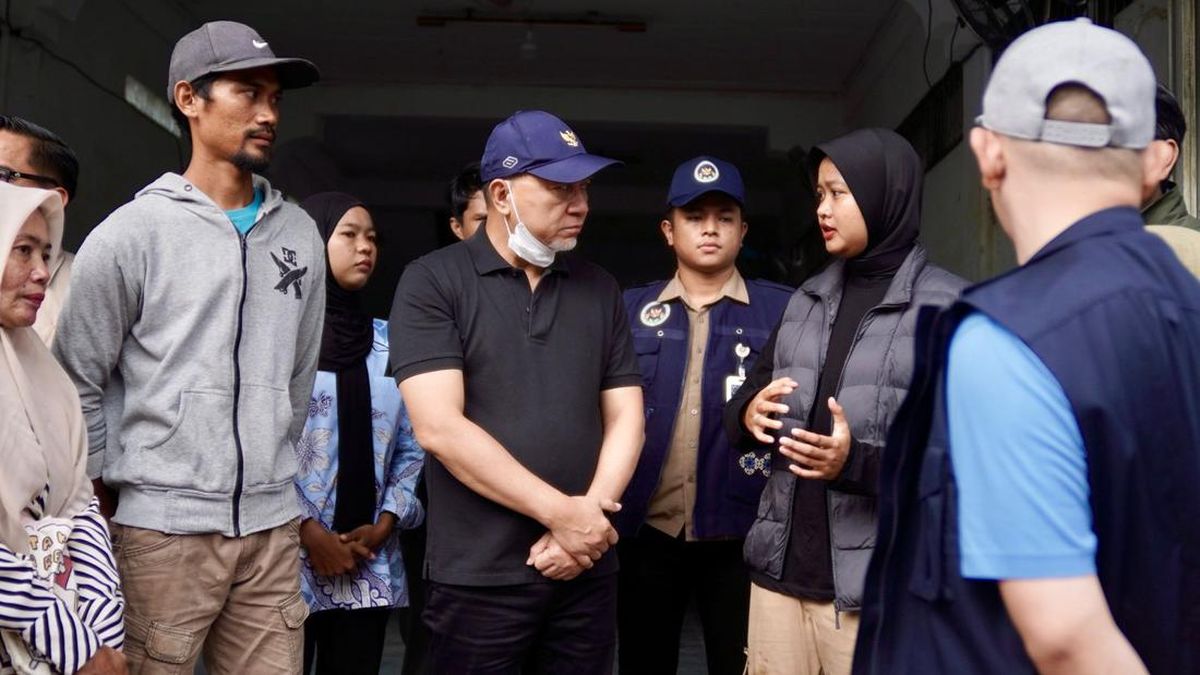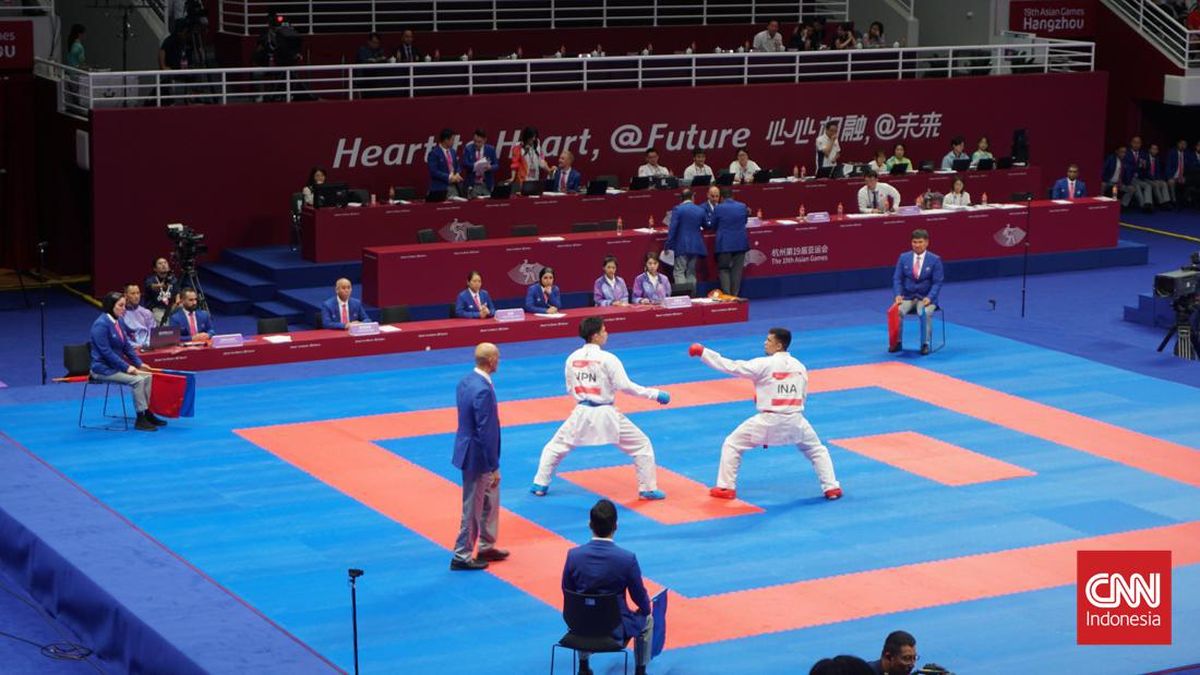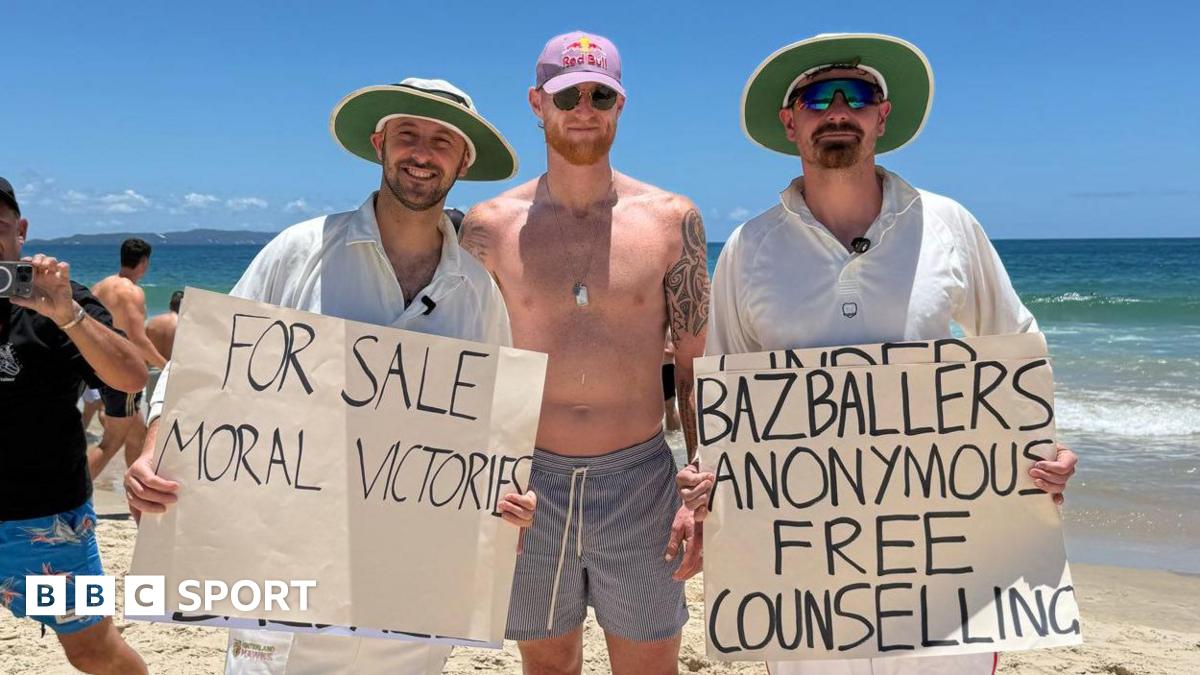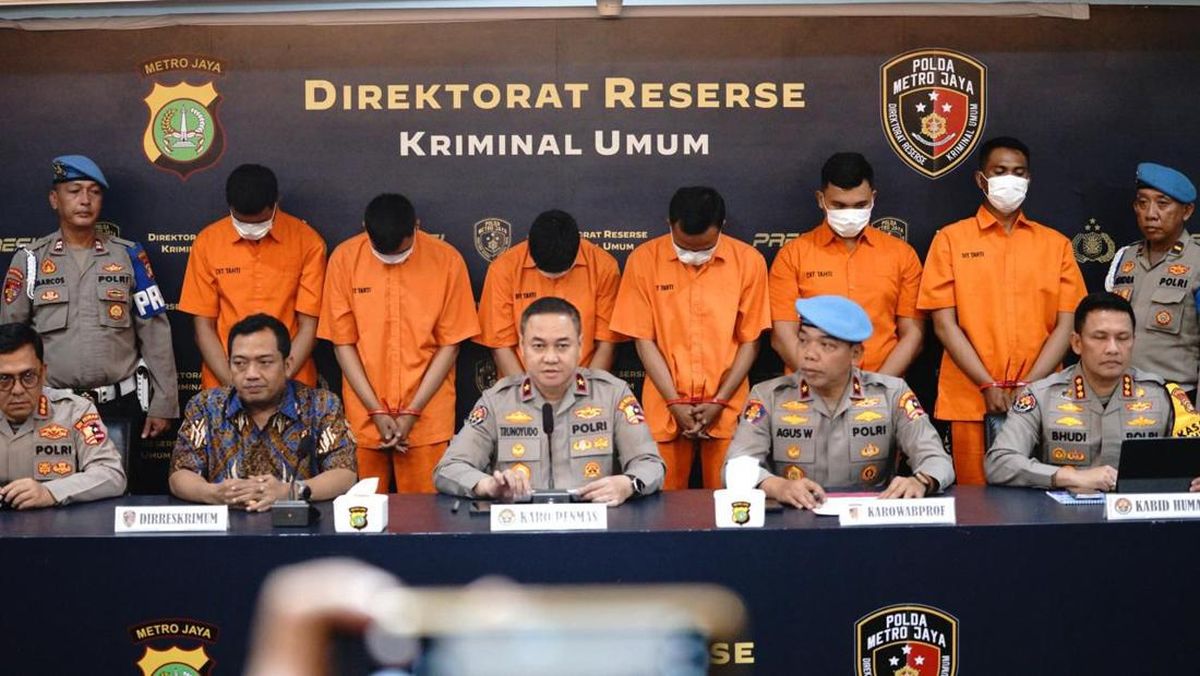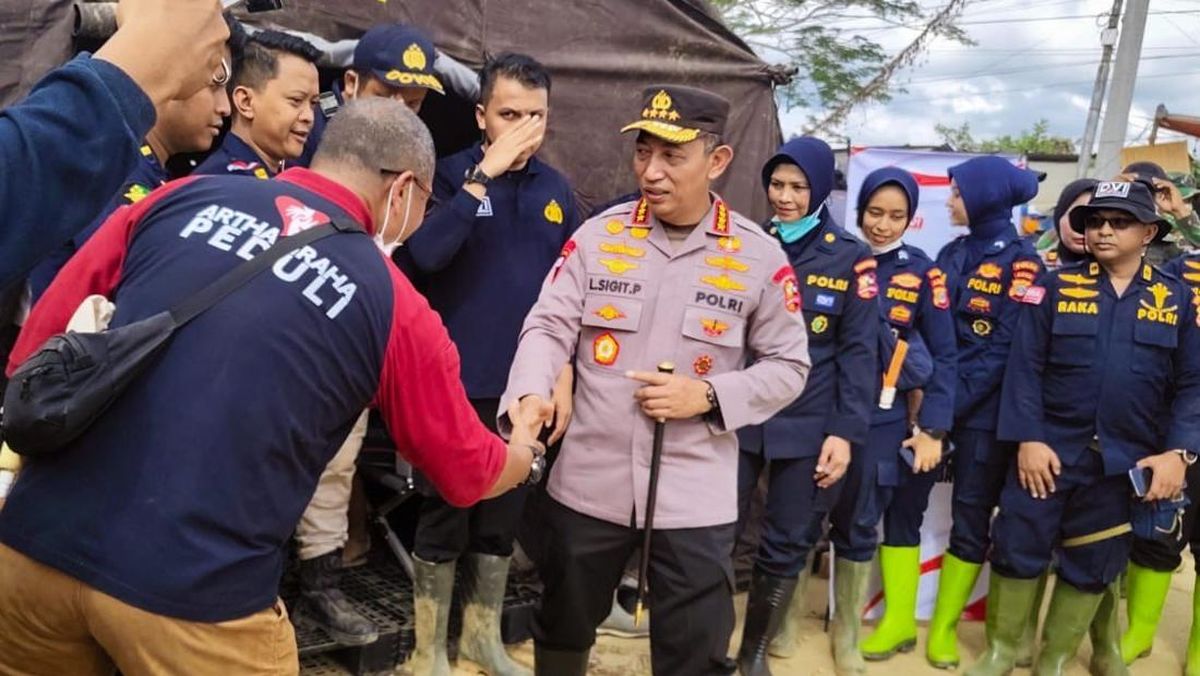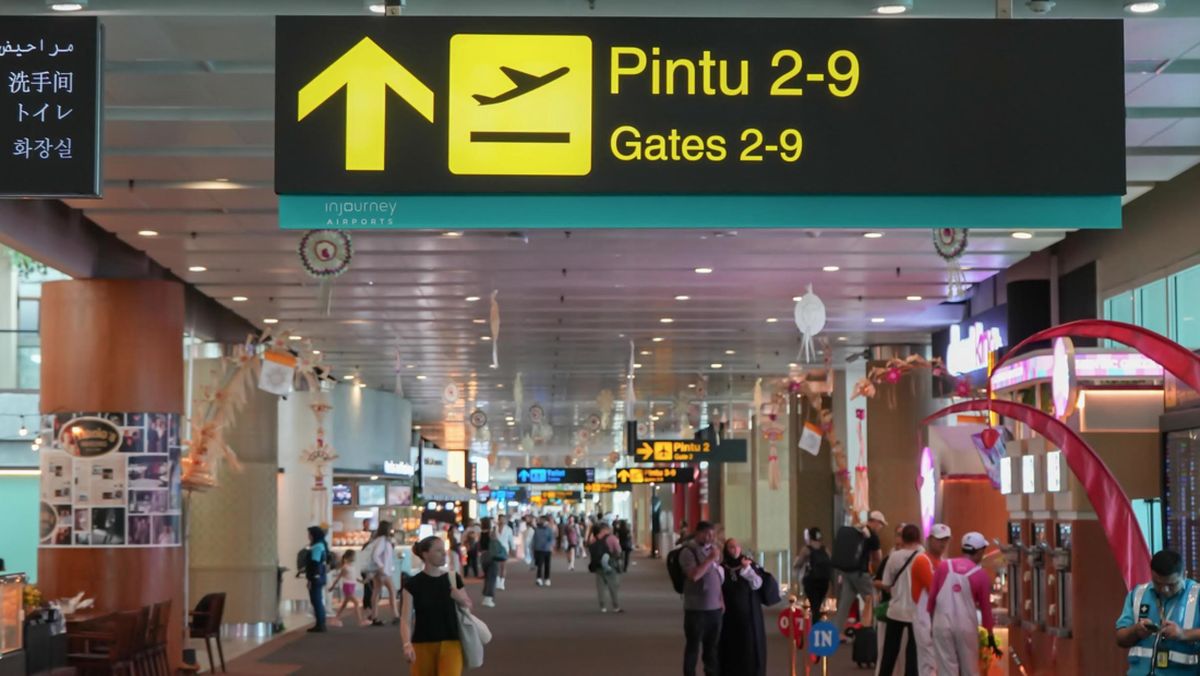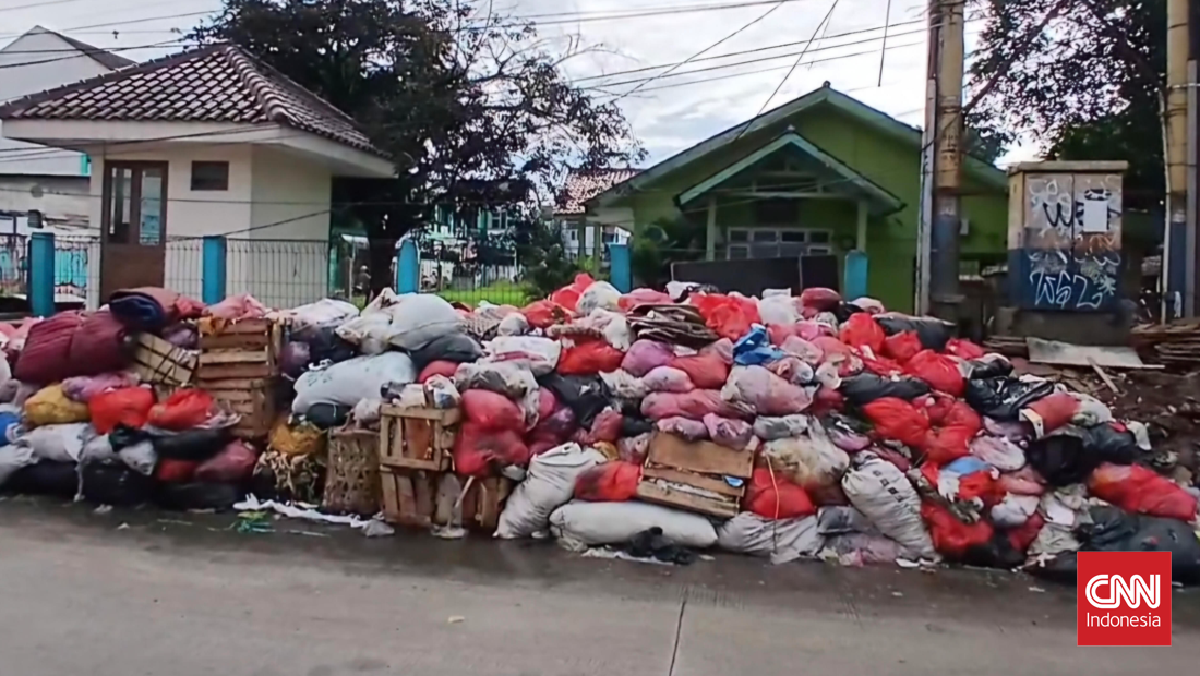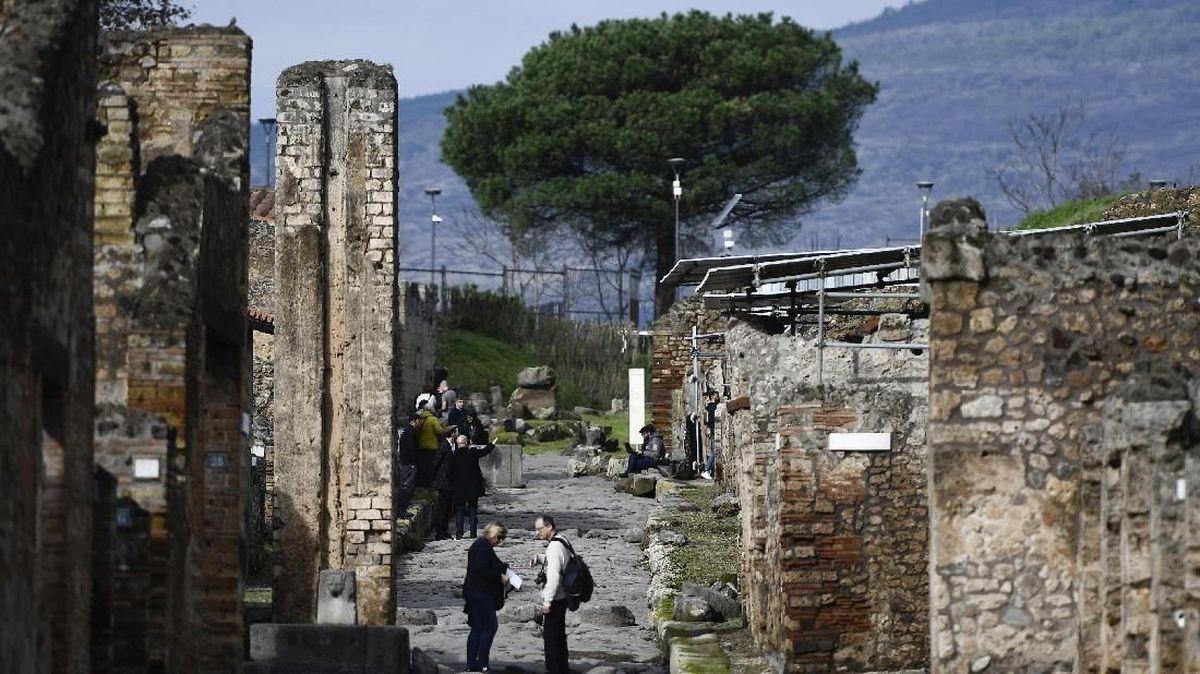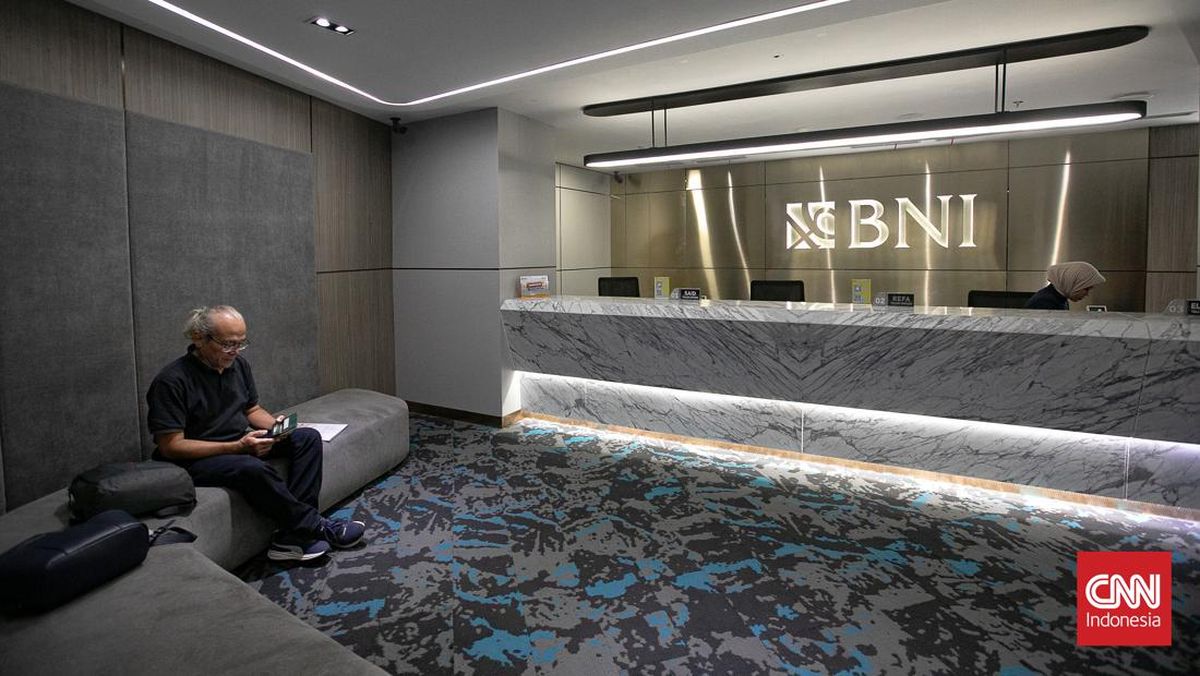Kuala Lumpur: As Donald Trump and associated hoopla barrelled toward Malaysia on Sunday, Timor-Leste, one of Australia’s nearest and more China-curious neighbours, was putting ink to one of the most hard-fought and consequential ASEAN deals in years.
The underdeveloped nation of 1.4 million people, which has eye-watering amounts of untapped undersea resources, has been welcomed in from the geopolitical wilds.

From left: Timor-Leste President Jose Ramos-Horta, Malaysian Prime Minister Anwar Ibrahim, Timor-Leste Prime Minister Kay Rala Xanana Gusmao and ASEAN secretary general Kao Kim Hourn.Credit: Vincent Thian / AP
Joining the Association of Southeast Asian Nations (ASEAN) as the bloc’s 11th member will open up regional investment, education opportunities, connectivity and global heft for Timor-Leste, says President Jose Ramos-Horta, speaking to this masthead in Kuala Lumpur.
Ostensibly, analysts say, better access to ASEAN’s capabilities and its market of 700 million people will reduce Timor-Leste’s infrastructure reliance on China. The two nations also elevated ties in 2023 to “enhance high-level military exchanges”.
“Although you are not really supposed to drink alcohol in Malaysia, many of my compatriots will be drinking [in celebration] in the hotel,” says a grinning Ramos-Horta of the ASEAN deal.
“The next day they will have a hangover from too much drinking. When the hangover is over that day, the hard, hard work continues to meet our obligations. We cannot fail those who supported us, who trusted us, who came with us. That includes Australia.”
Prime Minister Anthony Albanese also missed the short but emotional ceremony in the main hall of the Kuala Lumpur convention centre. His RAAF jet and accompanying press pack were expected to arrive about 3.30pm (6.30pm AEDT).

US President Donald Trump is greeted by Malaysian Prime Minister Anwar Ibrahim as he arrives in Kuala Lumpur for ASEAN.Credit: Mark Schiefelbein / AP
Airforce One, bearing the US president, landed shortly after 10am. Noticing the traditional Malaysian dancers on the tarmac, Trump joined them, prompting whoops from the convention centre crowds watching on big screens.
It is Trump’s first attendance at an ASEAN summit since 2017, but his return to the region will be fleeting. By Monday morning, he will back on Airforce One bound for South Korea, where APEC and a meeting with Chinese leader Xi Jinping await.
Trump’s visit to ASEAN is conditional on him presiding over an expanded peace deal between Cambodia and Thailand, which fought for five days in July at the cost of close to 50 lives, including civilians. Trump claims credit for the shaky peace presently in place, and is vocally campaigning for next year’s Nobel Peace Prize.
It could be tempting to see his presence at ASEAN as renewed interest in a strategically crucial South-East Asia, but Sharon Seah, senior fellow at Singapore’s ISEAS-Yusof Ishak Institute, says it is unlikely to be the case.
“ASEAN is a bonus,” she says, referring to Trump’s follow-on trip. “He has no interest in South-East Asia. The only interest is where he thinks he can play the peacemaker role.”
Before Trump’s highly anticipated touchdown, Timor-Leste’s ASEAN accession document passed between the nine leaders seated on the main stage for their signatures. Singapore’s Lawrence Wong was straight-faced, possibly looking a little bored. The pragmatic country has the deepest reservations about one of the poorest countries in Asia weighing the rest down.
The second last to sign was a bureaucrat from Myanmar. ASEAN excludes the nation’s self-appointed leadership because of the atrocities it continues to commit on its people.
Timor-Leste prime minister and independence hero Kay Rala Xanana Gusmao was the last to sign, his stern face lighting up with a broad, closed-mouth smile.

Timor-Leste President Jose Ramos-Horta (left) and Indonesian President Prabowo Subianto greet during the 47th ASEAN summit opening ceremony in Kuala Lumpur.Credit: Vincent Thian / AP
“Today, history is made,” he said.
Talks about Timor-Leste entering ASEAN began at the time of independence in 2002, but the country was so far behind that it was not until 2011 that the formal process moved slowly into gear.
“I have said, in a humorous or sarcastic manner, ‘It is easier to get into heaven than to into ASEAN,’” Ramos-Horta says.
“To get into heaven, all you need to do is behave yourself, pray as often as you can and confess your sins to the priest. If you die that evening, you are in heaven, and in heaven, everything is taken care of for you.

US President Donald Trump speaking during a signing ceremony at the ASEAN summit in Kuala Lumpur.Credit: Mark Schiefelbein / AP
“In ASEAN, nothing is taken care for you. Not only that, you are forced to work so, so hard.”
That work has been to get Timor-Leste’s fledgling independence-era governance and infrastructure systems ready, or at least to demonstrate a pathway to readiness, for ASEAN’s complex standards.
It has also meant compromise. Timor-Leste’s freedom-fighter history has bred a political culture of standing up for human rights, free speech and democracy. To that end, it has been a fierce critic of Myanmar’s ruling military junta. But ASEAN, often painfully, requires consensus on all decisions, even from despotic generals. The Timorese leadership needed to step back to win the regime’s tacit support, and to adhere to the core ASEAN principle of non-interference.
“But being a good member of ASEAN does not require us to be indifferent when there are gross, systematic human rights violations in a particular country,” Ramos-Horta says.
Loading
“We are not going to claim to be the custodians of international human rights standards that we practise back home. However, we will work with other ASEAN countries, with the UN and other partners, to try to see how the conflict in Myanmar can end because it is the people of Myanmar that suffer.”
ASEAN is largely populated by autocratic regimes and faux democracies, so Timor-Leste’s accession will bring a new dynamic, says Seah, from the ISEAS-Yusof Ishak Institute.
“Of course, it comes with its own set of developmental issues, which has been the thing worrying the rest of the ASEAN member states,” she says.
“But geopolitically, we are in a very turbulent period. Leaving Timor out would mean another arena of major power competition developing to the south-east of South-East Asia and just to the north of Australia.”
Ramos Horta says he is not much of a drinker. But he admits that when his compatriots get drunk on Sunday night, he might allow himself a couple of beers, too.
Get a note directly from our foreign correspondents on what’s making headlines around the world. Sign up for our weekly What in the World newsletter.
Most Viewed in World
Loading

